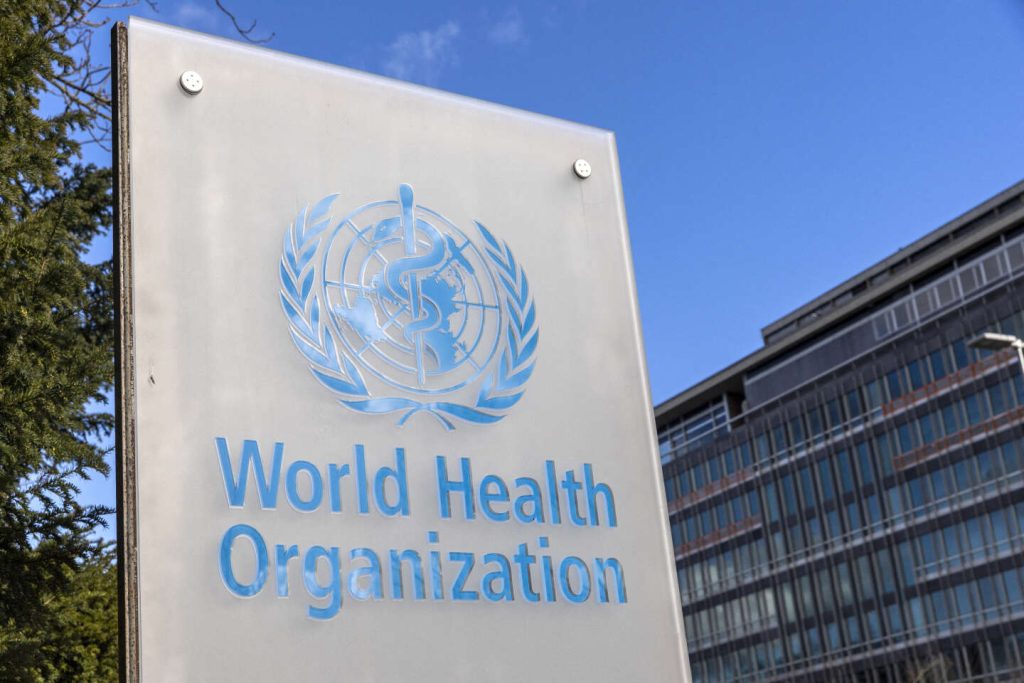Two and a half years of meticulous work have yet to bear fruit. On Friday, May 10, delegates from the 194 member states of the World Health Organization (WHO), gathered in Geneva, Switzerland, were unable to agree on a global pandemic preparedness and response agreement. The process was initiated in December 2021 to prevent the repetition of failures in international cooperation that hindered the response to the Covid-19 epidemic, particularly affecting developing countries. The Intergovernmental Negotiating Body (INB), tasked with drafting a document that could be formally adopted at the World Health Assembly in late May, was no longer working on the content of the text, but on the next steps for its mandate, according to several observers. In the evening, the WHO announced that its member states had agreed to continue discussions in the coming weeks.
The discussions, which have strong commercial interests, focused on issues such as funding, access to vaccines and treatments, loosening intellectual property rules for health products, and transparency of contracts between states and manufacturers. Developing nations striving for “fairness” often clashed with developed economies in the “North”. One of the most debated topics was the Pathogens Access and Benefit Sharing (PABS) system, where sharing information about a pathogen – essential for vaccine and treatment development – would be linked to a mechanism ensuring access to health products developed using this data. The latest draft agreement reserves 20% of the global production of countermeasures produced under the PABS for distribution to disadvantaged countries – half for free and half at preferential prices – with contributions and technology transfers being considered.
In a statement released in late April, African Union health ministers expressed support for the PABS system and national laws providing “broad exemptions and limitations on intellectual property to address public health emergencies”. They also called for new financial support from rich countries against pandemics, including through debt relief and restructuring mechanisms. Despite progress made, challenges remain as the negotiations continue. The pandemic has underscored the need for international cooperation and solidarity to effectively respond to global health crises and ensure equitable access to life-saving treatments and vaccines for all countries, regardless of their economic status or resources.
As the discussions continue, it is crucial for member states to find common ground on key issues such as financing, intellectual property rights, and equitable distribution of health products. The PABS system, if implemented effectively, has the potential to enhance global preparedness and response to future pandemics by ensuring fair access to essential health products. Developing countries must be empowered to participate in these discussions and have their voices heard to ensure that their needs and concerns are addressed. Ultimately, the success of these negotiations will depend on the willingness of all member states to collaborate and prioritize global health security over narrow national interests. By working together, the international community can build a stronger and more resilient global health system that is better equipped to prevent and respond to future pandemics.


